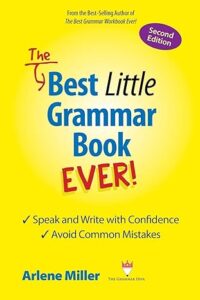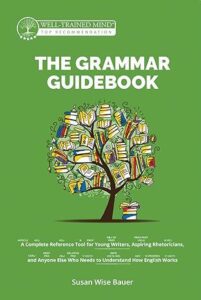Aver vs Avow – What’s the difference?
In English, we often come across words that seem similar…
BUT…
But have their own unique meanings…
It’s like finding twins with different personalities.
Today, let’s look at two such words: “Aver” and “Avow” and find out what each word really means and how to use them correctly.
Short answer
“Aver” is a verb meaning to state or declare something confidently as true.
For example, “She averred that she had completed her homework.”
“Avow” also means to declare, but it’s more about admitting or stating something openly and boldly, often something personal or that others might not agree with.
Like, “He avowed his love for pizza despite his friends’ dislike for it.”
“They’re both about declaring, but “Aver” is more about stating facts confidently, while “Avow” is about openly declaring something, often more personal.”
Definition of “Aver”
“Aver” is a verb that means to state something confidently as being true.
It’s like saying, “I’m sure about this and here’s why.”
It’s often used in formal situations or when you’re really certain about what you’re saying.
10 Ways to Use “Aver” in Your Daily Grind
Homework:
“I aver that I’ve done all my math problems correctly.”
Discussions:
“In our group chat, I averred that the science project idea was feasible.”
Sports:
“He averred that his team would win the championship.”
Cooking:
“I averred that my secret ingredient would make the cake tastier.”
Movie Opinions:
“I aver that the sequel was better than the original.”
Music Preferences:
“She averred that classical music helps her concentrate.”
Fashion Choices:
“I averred that vintage style suits me best.”
Reading:
“I often aver that the book is better than the movie.”
Gaming:
“He averred that the new game update improved the graphics.”
Social Media Posts:
“In my post, I averred that we should be kinder online.”
Definition of “Avow”
“Avow” is a verb that means to declare something openly and boldly, without hiding your feelings or opinions.
*It’s like wearing your heart on your sleeve and being proud of it.
When you avow something, you’re not just saying it’s true – you’re saying it loud and clear for everyone to hear.
Using “Avow” in Ordinary Life
“She avowed her commitment to environmental causes at the rally.”
“He avowed his love for classic rock music despite his friends’ preference for pop.”
“The politician avowed his support for the new policy in his speech.”
Practical Tips for Distinguishing Between Aver and Avow
| Aspect | Aver | Avow |
| Meaning | To state something as a fact confidently. | To declare something openly and boldly. |
| Usage | More about stating facts and truths. | More about personal beliefs and declarations. |
| Example Sentence | “She averred that the experiment was a success.” | “He avowed his lifelong dedication to music.” |
| Part of Speech | Verb | Verb |
| Synonyms | Declare, assert, affirm | Declare, profess, admit |
| Contexts | Formal, like in court or academic papers. | Personal, like beliefs or feelings. |
| Tone | Often factual and objective. | Usually personal and subjective. |
| Commonly Used In | Legal settings, scientific reports. | Personal statements, artistic expressions. |
| Opposite | To deny or refute. | To conceal or deny personal beliefs. |
| Memory Trick | “Aver” has an “e” for “evidence” (fact-based). | “Avow” has an “o” for “own” (personal belief). |
“Remember, “Aver” is for stating facts confidently, like a scientist might, and “Avow” is for expressing your own beliefs or feelings, like making a personal vow.”
List of Sources to Improve Your Grammar
For readers eager to delve deeper into the intricacies of language and usage, there are many insightful books that can broaden your understanding and appreciation of English. Here’s a list of some highly recommended titles:
“Keys to Great Writing” by Stephen Wilbers.

This book focuses not just on grammar but also on elements of great writing, including style, clarity, and rhythm. It’s perfect for those looking to enhance their writing skills comprehensively.
“Grammar Snobs Are Great Big Meanies”

A Guide to Language for Fun and Spite” by June Casagrande: A fun, witty approach to grammar that makes learning enjoyable.
“Painless Grammar” by Rebecca Elliott.

Aimed at easing the pain of learning grammar with a light-hearted and understandable approach.
“The Best Little Grammar Book Ever! Speak and Write with Confidence/Avoid Common Mistakes” by Arlene Miller.

A concise guide offering clear explanations on common grammar issues.
“The Grammar Guidebook: A Complete Reference Tool for Young Writers, Aspiring Rhetoricians, and Anyone Else Who Needs to Understand How English Works” by Susan Wise Bauer.

Great for young readers and anyone new to the nuances of grammar.
Each of these books offers a unique perspective on language, from its history and evolution to its style and usage. They are perfect for anyone looking to deepen their knowledge of English, whether for personal growth, academic purposes, or just out of sheer love for the language.
